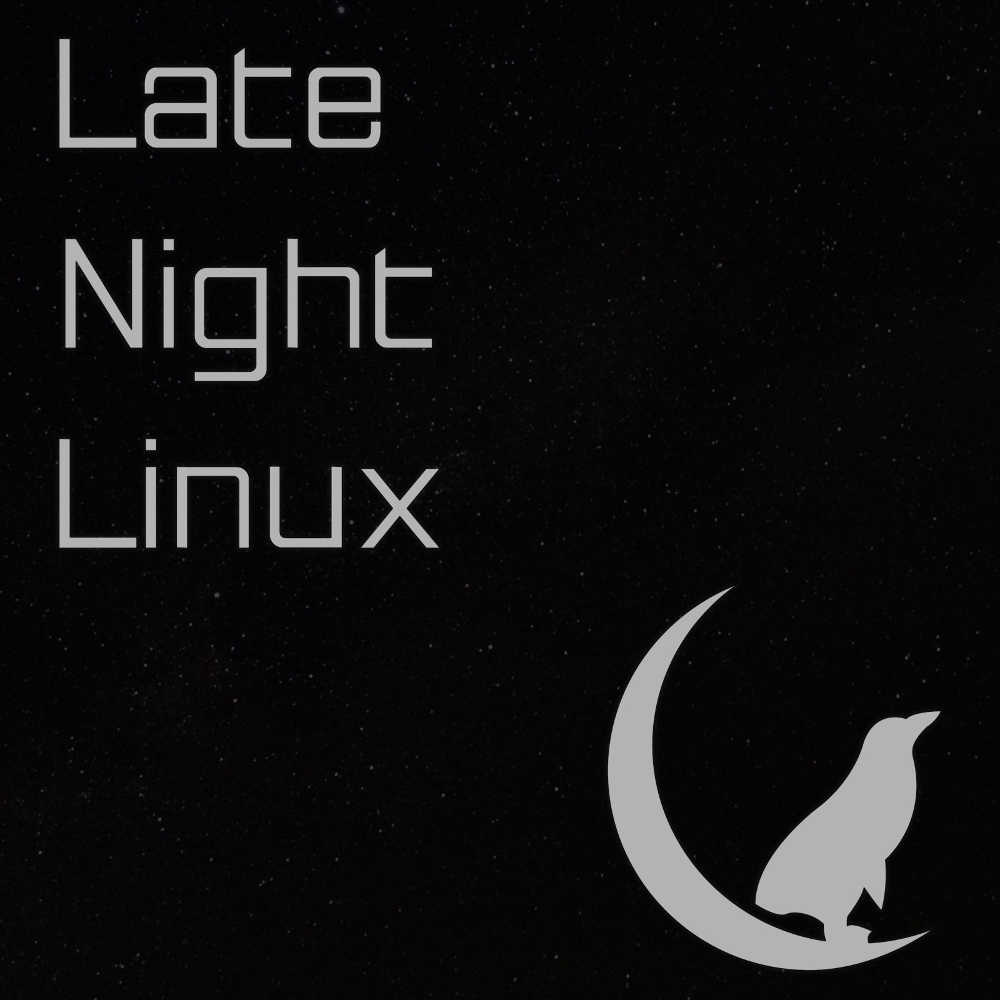
 Late Night Linux
Late Night Linux Late Night Linux – Episode 319
Feb 3, 2025
Imagine if Qt had been friendlier licensed—would KDE have been the top desktop choice instead of GNOME? Dive into a debate on IBM's impact after acquiring Red Hat and explore innovative tools like Tailscale’s VPN and a user-friendly systemd manager. The discussion also covers the need for better screen comfort with Redshift and the importance of security in managing app credentials. Finally, they reflect on the dwindling Linux news landscape and its broader implications for the open-source community.
AI Snips
Chapters
Transcript
Episode notes
Qt Licensing Impact
- KDE might have become the standard desktop if Qt had a friendlier license.
- Concerns about Qt's licensing led to GNOME's rise.
KDE and GNOME Coexistence
- Even with a GPL license for Qt, GNOME might still exist due to differing philosophies.
- KDE's flexibility allows it to mimic other desktop environments.
Alternative GNOME Names
- The hosts joked about alternative names for GNOME if it had forked from KDE, like "Good Desktop".
- They also suggested "Goofy" or "GIMP Desktop Environment."

